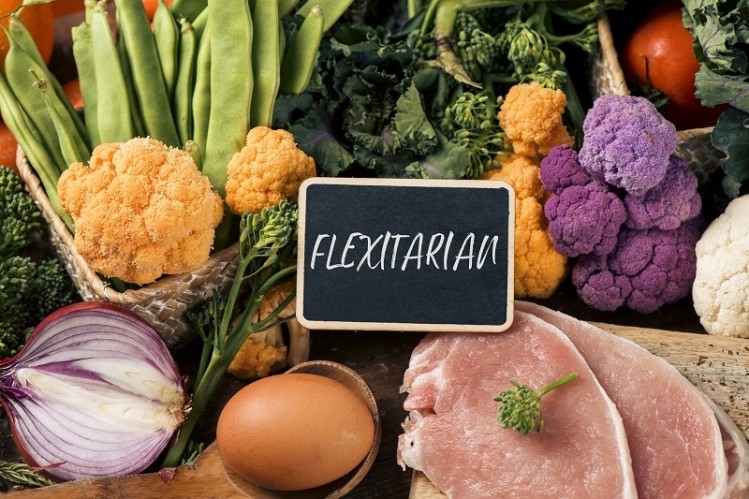Sustainable diets ‘a third cheaper than typical foods’ claims research

Using food prices from the World Bank’s International Comparison Program, researchers at Oxford University compared the cost of seven so-called sustainable diets to typical diets in 150 countries. The scientists said the study focussed on whole foods and did not include “highly-processed meat replacements” or eating at restaurants or takeaways. The diets investigated included flexitarian, pescatarian, vegetarian, and vegan. Each of these more plant-based diets is recognised as much better for heart health, cancer risk and other diet-related health impacts as well as having significantly lower carbon footprints than typical western diets, the authors said.
The flexitarian diet used was based on the EAT-Lancet planetary health diet, proclaimed ‘the optimal diet for people and planet’ by its authors, which consists of primarily fruits and vegetables, whole grains, plant proteins (beans, lentils, pulses, nuts), unsaturated plant oils, modest amounts of meat and dairy, and some added sugars and starchy vegetables.
Compared with the cost of current diets, the healthy and sustainable dietary patterns were on average up to 22–34% lower in cost in high-income countries such as Western Europe. Vegetarian diets cut costs 27-31% and flexitarian diets by 14%. In contrast, pescatarian diets increased costs by up to 2%.
The findings fly in the face of consumer surveys consistently suggesting that most consumers care about sustainability but say they are often unable or unwilling to pay more for ‘greener’ food and beverage alternatives.
“We think the fact that vegan, vegetarian and flexitarian diets can save you a lot of money is going to surprise people,” said Dr Marco Springmann, researcher on the Oxford Martin Programme on the Future of Food. “When scientists like me advocate for healthy and environmentally-friendly eating it’s often said that we’re sitting in our ivory towers promoting something that is financially out of reach for most people. This study shows that it’s quite the opposite. These diets could be better for your bank balance as well as your health and the health of the planet.”
Is time rich the new rich?
He stressed the study looked at were ‘basic, minimally processed ingredients’ such as fruits, vegetables, legumes, nuts, and whole grains, and not packaged goods such as meat analogues which do tend to carry a price premium over standard ones.
It could be argued however that sustainable diets are therefore not necessarily the preserve of the wealthy, but of those consumers blessed with the time and skills to be able to cook from scratch at home with fresh ingredients. What’s more, it’s been claimed over a million people in the UK live in ‘food deserts’ – or deprived areas where access to affordable fresh whole foods, such as fruit and vegetables, is severely limited.
But Springmann disagreed that scratch cooking should equate to more time. “Cooking a more plant-based meal doesn't need to take longer at all than cooking a meat-based meal. It should actually take less time because most vegetables can be cooked much faster than meat.”
He added the study should put the impetus on food brands to market more minimally processed foods at cheaper prices. "Our study is particularly interesting because it shows just on a pure ingredient terms these basic items are much cheaper. This data can therefore also be used by developers of ready meals to compose meals that are cheaper. Novel, meat replacements are priced quite highly. But this study shows there is no way they should be more expensive.”
Source
The global and regional costs of healthy and sustainable dietary patterns: a modelling study
The Lancet Planetary Health

























